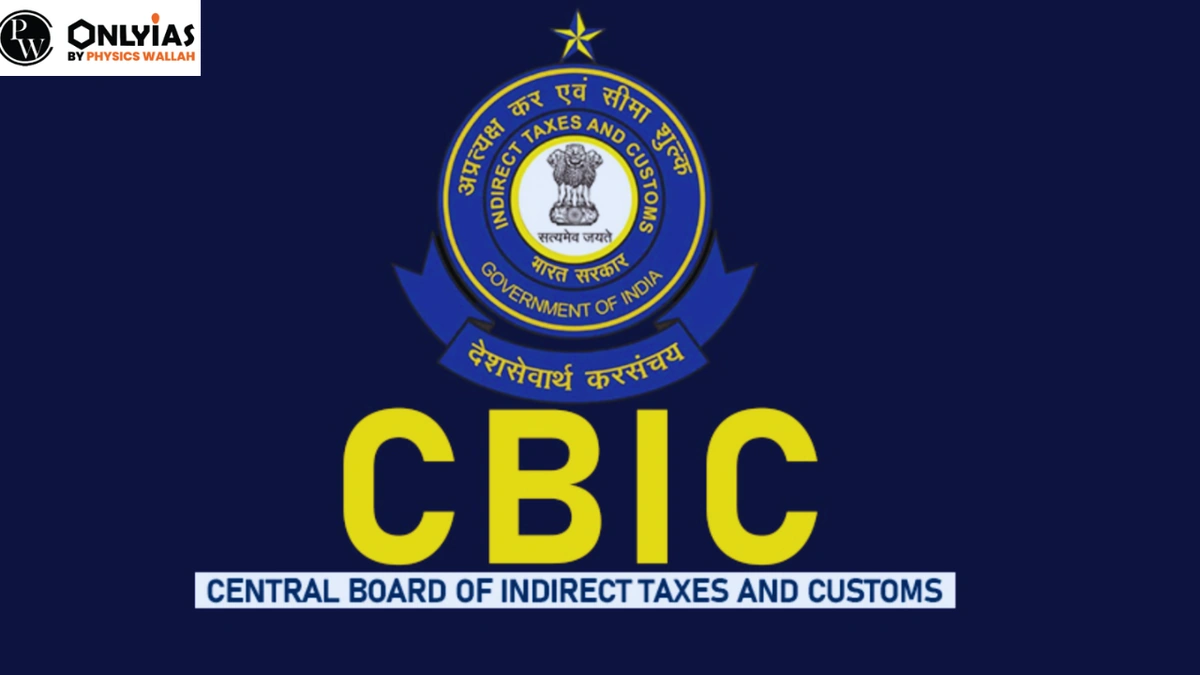Decoding CBIC | What It Really Means for You
Okay, let’s be honest. When you hear ” CBIC ,” does your mind immediately jump to… well, probably not much of anything exciting, right? But here’s the thing: the Central Board of Indirect Taxes and Customs, or CBIC , as it’s commonly known, has a massive impact on pretty much everything you buy, sell, and import in India. Sounds important now, doesn’t it?
Thank you for reading this post, don't forget to subscribe!So, instead of drowning you in jargon and bureaucratic mumbo-jumbo (which, let’s be real, is pretty much what the CBIC often sounds like), I’m going to break down why this organization matters to you, the average Indian citizen. We’ll look at the real-world implications of its policies, and how understanding it can actually save you money and headaches. Think of me as your friendly neighborhood CBIC translator.
What Does CBIC Actually Do?
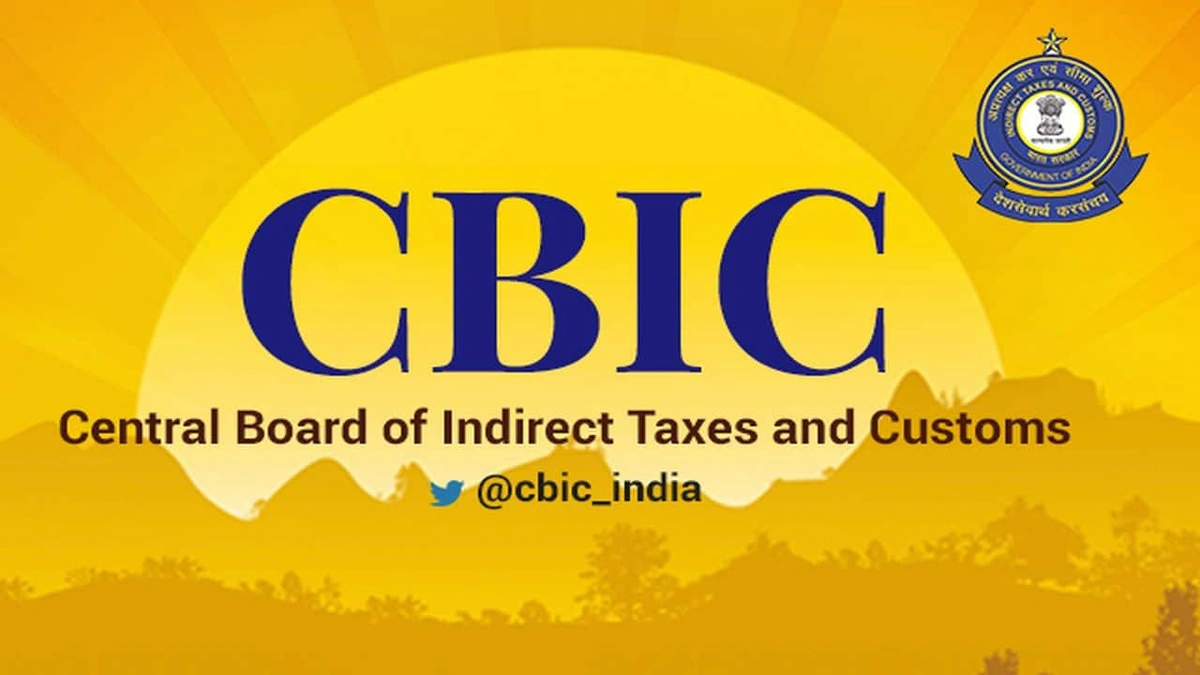
At its core, the CBIC is responsible for formulating and implementing policies related to indirect taxes like GST (Goods and Services Tax), customs duties, and excise duties. Basically, anything that isn’t directly income tax falls under their purview. It’s a pretty big job, when you think about it. They’re the folks who decide how much tax you pay on that shiny new phone, that imported gadget, or even the services you use every day. The Central GST (CGST) is a key responsibility.
But it’s not just about collecting taxes. The CBIC also plays a crucial role in preventing smuggling, protecting domestic industries, and facilitating international trade. Think of them as the gatekeepers of India’s economic borders. They ensure that goods coming in and going out are legitimate, safe, and comply with all the necessary regulations. As mentioned on the official CBIC website , they play a key role in trade facilitation.
Why Should You Care About CBIC ?
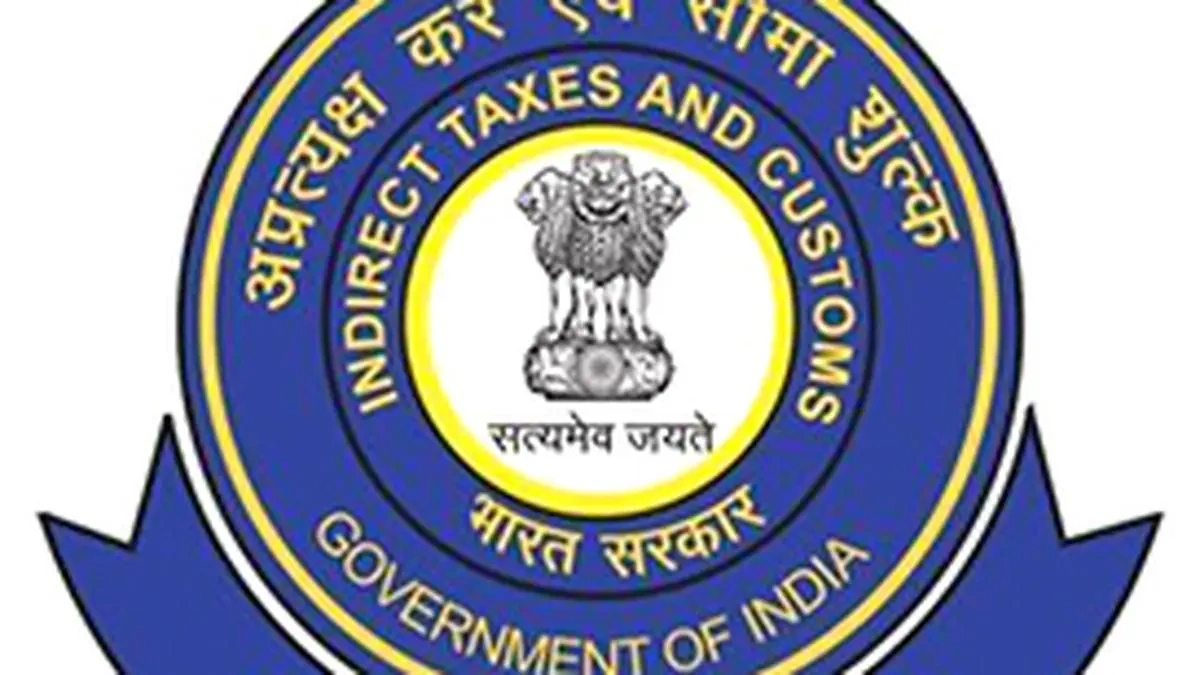
“Taxes. Ugh.” I get it. But here’s why understanding the CBIC is actually empowering. When you understand how indirect taxes work, you can make smarter purchasing decisions. You can anticipate price changes, understand the impact of government policies on your wallet, and even identify potential scams or fraudulent activities. It’s all about being an informed consumer. Plus, knowing the basics can help you navigate tricky situations when dealing with customs or imports.
For example, let’s say the CBIC changes the import duty on electronics. Suddenly, that dream laptop you’ve been eyeing might become significantly more expensive. But if you were aware of the impending change, you might have been able to snag it before the price hike. See? Knowledge is power (and potentially savings!).
Also, think about the impact on small businesses. CBIC regulations directly affect their operations, compliance costs, and overall profitability. Understanding these regulations can help entrepreneurs make informed decisions about pricing, sourcing, and expanding their businesses. It affects the entire indirect tax system.
And, but, let’s be honest, navigating the CBIC website itself? A labyrinth. Which is why articles like this are useful, right?
The Evolving Landscape of Indirect Taxes
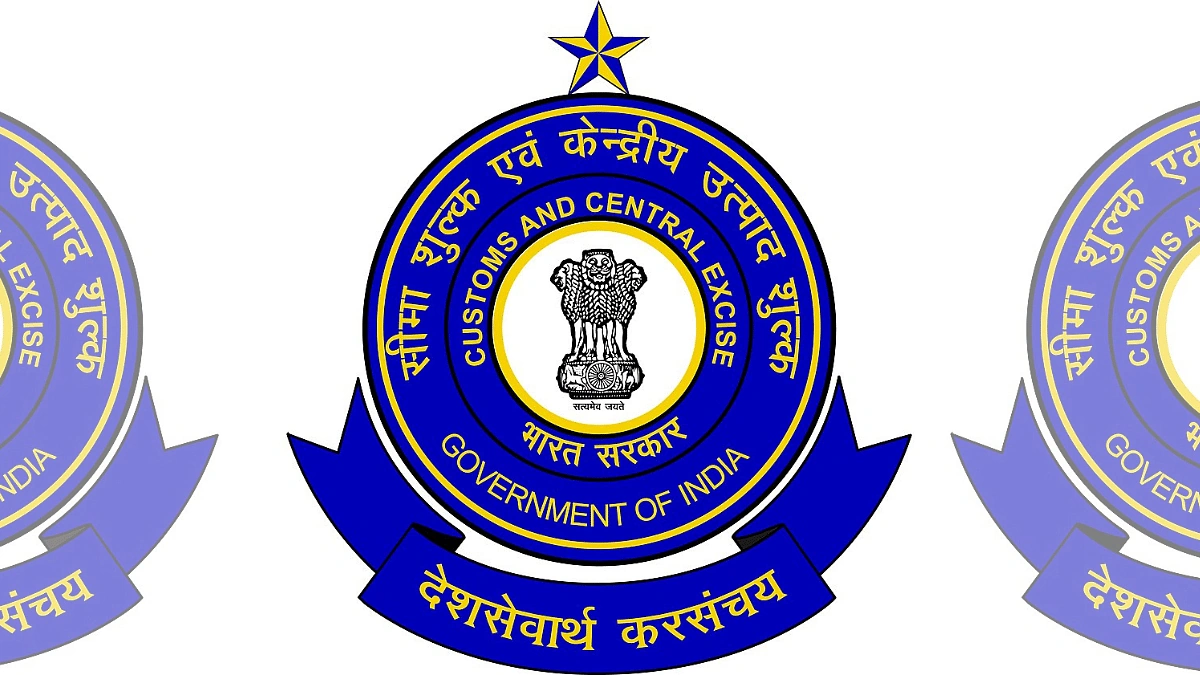
What fascinates me is how the world of indirect taxes is constantly changing. The introduction of GST, for example, was a game-changer, simplifying the tax structure and creating a more unified national market. But it also brought its own set of challenges, from compliance issues to adapting to new technologies. The GST Council is critical in deciding the GST rates .
And now, with the rise of e-commerce and cross-border transactions, the CBIC is facing new challenges in ensuring fair taxation and preventing tax evasion. They’re constantly adapting their policies and procedures to keep up with the rapidly evolving digital economy. It’s like trying to hit a moving target, but they’re doing their best to ensure that everyone plays by the rules. I think the work that the government is doing here is important.
For instance, the implementation of e-invoicing and other digital initiatives aims to bring greater transparency and efficiency to the tax system. These initiatives not only help the government collect revenue more effectively but also make it easier for businesses to comply with regulations. Talk about a win-win.
Navigating CBIC ‘s Digital Initiatives
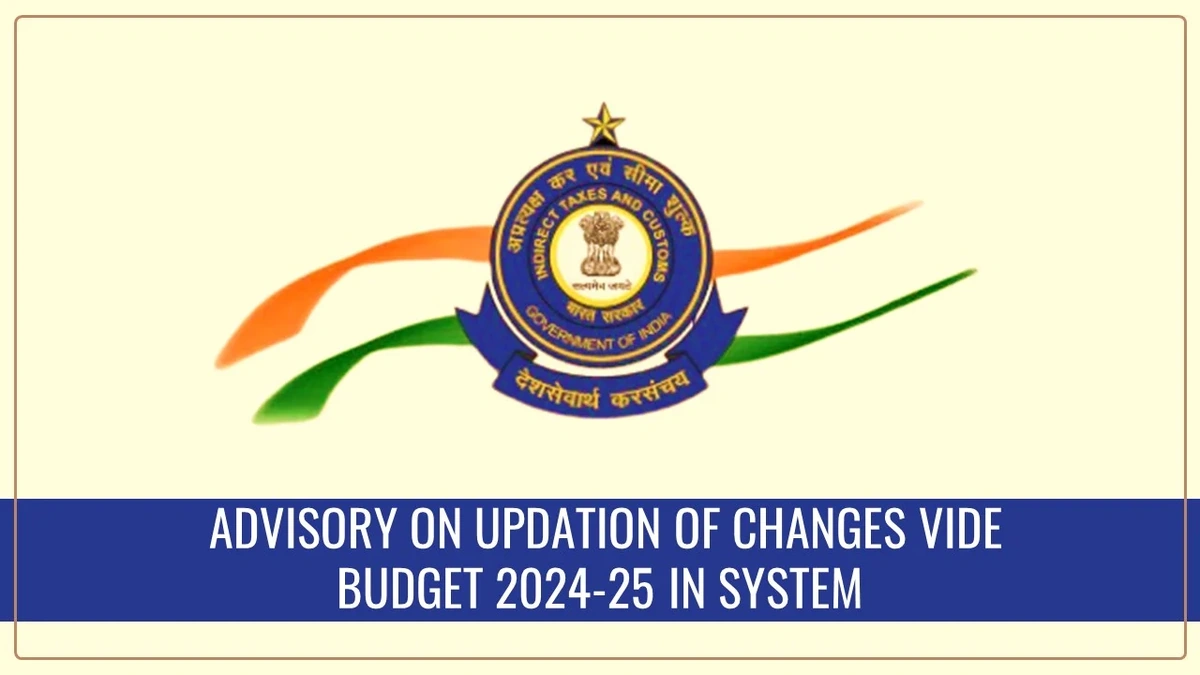
Speaking of digital initiatives, the CBIC has been making a concerted effort to digitize its processes and provide online services to taxpayers. This includes things like online registration, e-filing of returns, and electronic payment of taxes. The goal is to make it easier and more convenient for businesses and individuals to comply with tax laws. You can check the ICEGATE portal for imports and exports.
But let’s be real: navigating these online portals can sometimes be a bit of a headache. The websites can be clunky, the instructions can be confusing, and the error messages can be cryptic. That’s why it’s essential to have a clear understanding of the processes and procedures involved. Don’t be afraid to seek help from tax professionals or consult online resources if you’re feeling lost. It’s better to be safe than sorry, especially when it comes to taxes. Understanding the customs duty implications is also useful for importers. Also, you can check out some of the other things that can have an impact on business.
FAQ: Demystifying CBIC

Frequently Asked Questions
What if I’m importing something and get a notice from customs?
Don’t panic! Carefully review the notice, understand the reason for the query, and gather all relevant documents. You may need to contact a customs broker for assistance.
How do I register for GST?
You can register for GST online through the GST portal. You’ll need to provide your business details, PAN card, and other relevant documents.
What is the role of CBIC in preventing smuggling?
CBIC officers conduct inspections, seize illegal goods, and prosecute offenders to prevent smuggling and protect the country’s economic interests.
Where can I find the latest updates on CBIC policies?
The official CBIC website (cbic.gov.in) is the best source for the latest notifications, circulars, and guidelines.
What are the penalties for tax evasion?
Penalties for tax evasion can range from monetary fines to imprisonment, depending on the severity of the offense.
So, there you have it. The CBIC , in a nutshell. It might not be the most glamorous topic, but understanding its role and impact can make you a more informed and empowered citizen. And hey, maybe even save you a few bucks along the way. Remember, knowledge is power (and potentially savings!).
